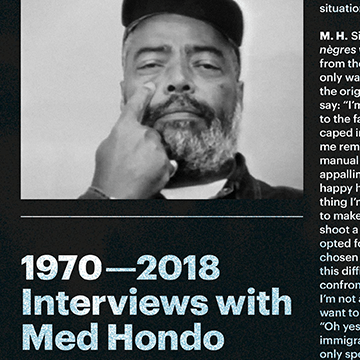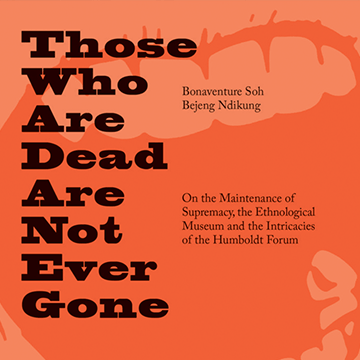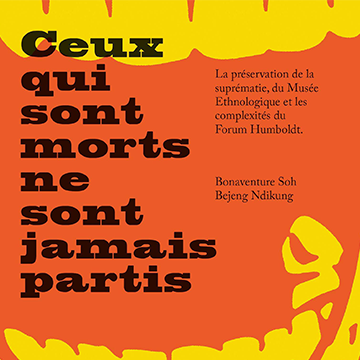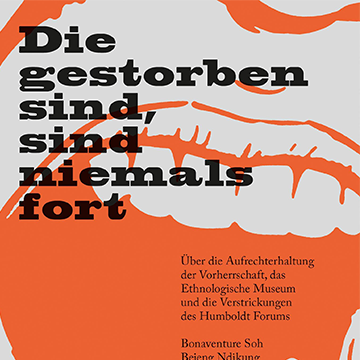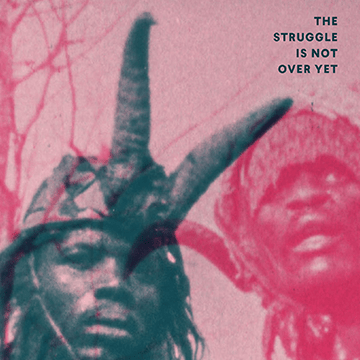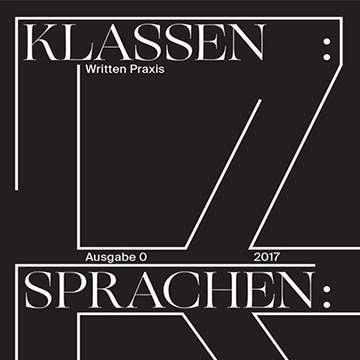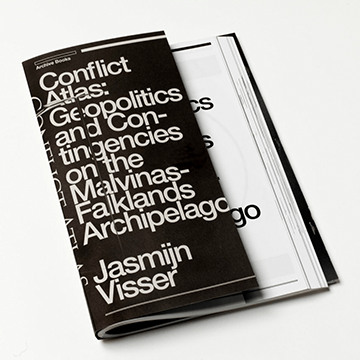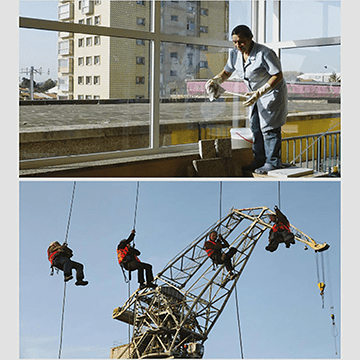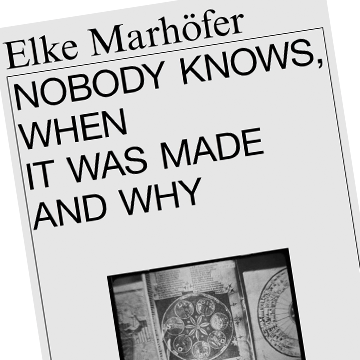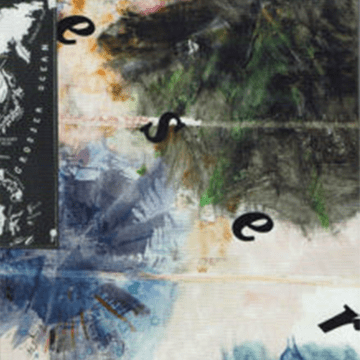1970—2018 Interviews with Med Hondo, the first volume in a three-part publication, brings together seventeen interviews conducted with Med Hondo over a period of almost half a century, most of the interviews originally published in French were translated into English. The book originated in the long-term project Cours, cours, camarade, le vieux monde est derrière toi—Run, comrade, run, the old world is behind you—The Cinema of Med Hondo.
Tag: colonialism
Those Who Are Dead Are Not Ever Gone
The institution of the ethnological museum seems to be in the midst of a serious crisis of choking. The delicacies that most of these museums have acquired, which is to say co-opted, which is to say ingested, seem to have collectively missed the track to the oesophagus and got stuck in the respiratory tract. They have been stuck there for as long as the history of mass collections, acquisitions and looting, for as long as the ruthless and ongoing extraction of cultural property in the former colonies outside of Europe. A twelve-act essay on the maintenance of supremacy, the ethnological Museum and the intricacies of the Humboldt Forum.
Ceux qui sont morts ne sont jamais partis
L’institution du musée ethnologique semble traverser une véritable crise d’étouffement. Les mets délicats acquis, ou plutôt cooptées, pour ainsi dire ingérées par la majorité de ces musées, semblent avoir été dépistés de la route vers l’œsophage et s’être coincés dans les voies respiratoires. Toutes ces choses y sont coincées depuis l’acquisition, le pillage, de ces objets. En somme, depuis l’impitoyable déracinement des biens culturels qui perdure jusqu’à nos jours dans les anciennes colonies hors d’Europe. Un essai en 12 actes sur la préservation de la suprématie, le Musée Ethnologiques et les complexités du Forum Humboldt.
Die gestorben sind, sind niemals fort
Die Institution des Ethnologischen Museums scheint sich in einer ernsten Krise des Erstickens zu befinden. Die Delikatessen, welche die meisten solcher Museen meist unter zweifelhaften Bedingungen erwarben, mit anderen Worten genossen und verschluckt haben, scheinen kollektiv den Weg in den Oseophagus verpasst zu haben und blieben stattdessen im Atmungsapparat stecken. Sie hängen dort schon so lange fest, wie die Geschichte von Massensammlungen, Erwerbungen, Plünderungen; so lange wie der rücksichtslose und fortwährende Abbau von Kulturgut in den ehemaligen Kolonien außerhalb Europas bereits andauert.
The Struggle Is Not Over Yet
A conference, hosted by the International Center for the Arts José de Guimarães, borrowed its title from an unfinished film stored in an archive in Bissau. 'Luta ca caba inda' (The struggle is not over yet) was conceived as a documentary film on post-independence Guinea-Bissau, but was abandoned in the editing process in 1980. The archive testifies to a decade of collective and internationally connected cinema praxis in the country, as part of the people’s struggle for independence from Portuguese colonialism.
Klassensprachen
Instead of passing off art as a model for a better politics, we wish to test it for the signatures, the markers and forms of these deeply antagonistic relations of which art itself is a material part: we are concerned with art as a class language, as well as with class languages in art; with art’s room for maneuver as well as with its limits and restrictions, curatorially, in writing and debate.
Conflict Atlas
Conflict Atlas looks at history through the perspective of the Falklands Islands/Islas Malvinas. Global events are mirrored to local proceedings on the archipelago. Through this method it explores trade routes, colonial enterprises, patterns of migration, questions of identity, strategies in warfare and the role of the climate in social issues. Conflict Atlas comprises texts, maps and archival materials. Starting from the case of the Falklands/Malvinas it aims to create a field of tensions by the multiplication and stratification of geographical sites, historical times and subjective views.
Buon Lavoro
Stonemasons, cinema staff, a climbers’ cooperative, a group of 1970s militants. These communities testify to a period of upheaval that swept across Europe from the late 1960s to 1989. The fragments of biographies and the social relationships that Cora Piantoni depicts, are episodes in the context of this historic narrative: the legacy of anti-fascism in Italy, political dissent in the former Eastern Bloc, the fall of the Berlin Wall.
Nobody Knows, When it Was Made and Why
The publication takes a fresh look at Aby Warburg’s prominent Mnemosyne Atlas. Reflecting on the fact that research, be it art or science based, is a historical and anthropological procedure that is closely related to colonialism, the film and the two essays rethink how Warburg creates a relational and trans-cultural methodology. Inhuman and animating forces of images, things, animals, people, minerals, amulets and dices, solar and lunar eclipses, intestines, magic stones and starry heavens stemming from Iran, Iraq, Syria and Jordan suggest exploring Mnemosyne Atlas outside of European cultural history and the imagination of itself.
Eser
Eser is a comprehensive publication on Judith Raum’s works, installations and lecture performance texts from 2011 to 2014. It is also a theoretical reader and material collection on the semi-colonial advance of German entrepreneurs and bankers into the Ottoman Empire before World War I in connection with the construction of the Anatolian Railway. In this frame, the logic of capitalism and geopolitical interests connected the engineers’ tasks with less obvious efforts: to get a hold of Anatolian agriculture, archaeology and the working conditions in the country. Judith Raum’s work suggests that gestures and rhetoric of power and domination are the consequences of an economic principle that did not end with the colonial era and in fact persist today. Her works and texts take her research on site and in archives as a starting point, they exhibit an autonomous aesthetic dimension, however, and as such suggest an alternative approach to ‘artistic research’.
